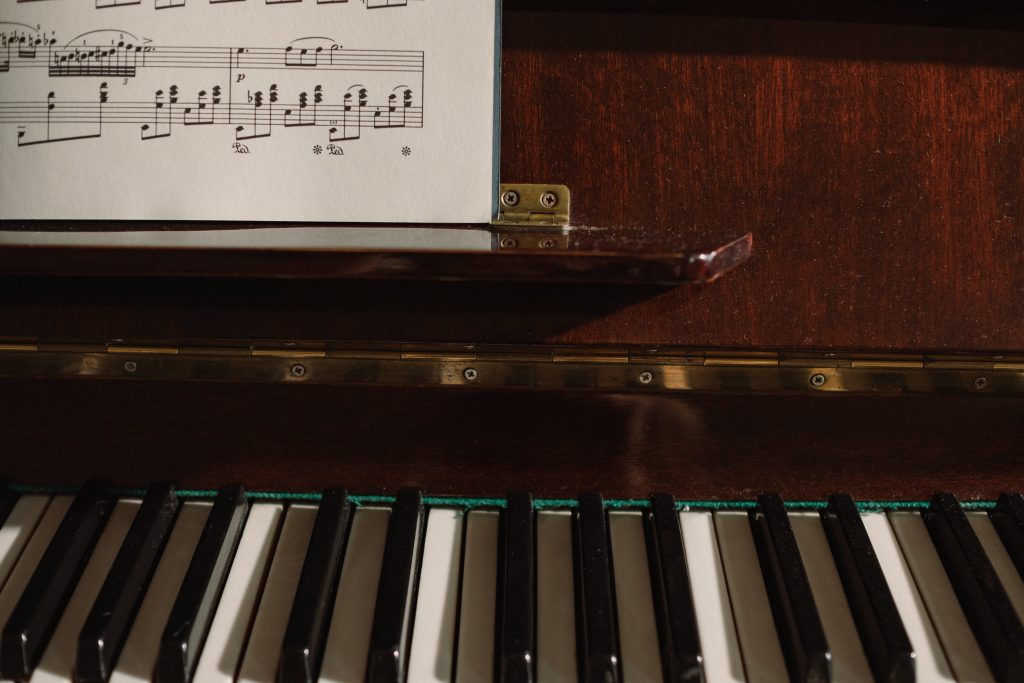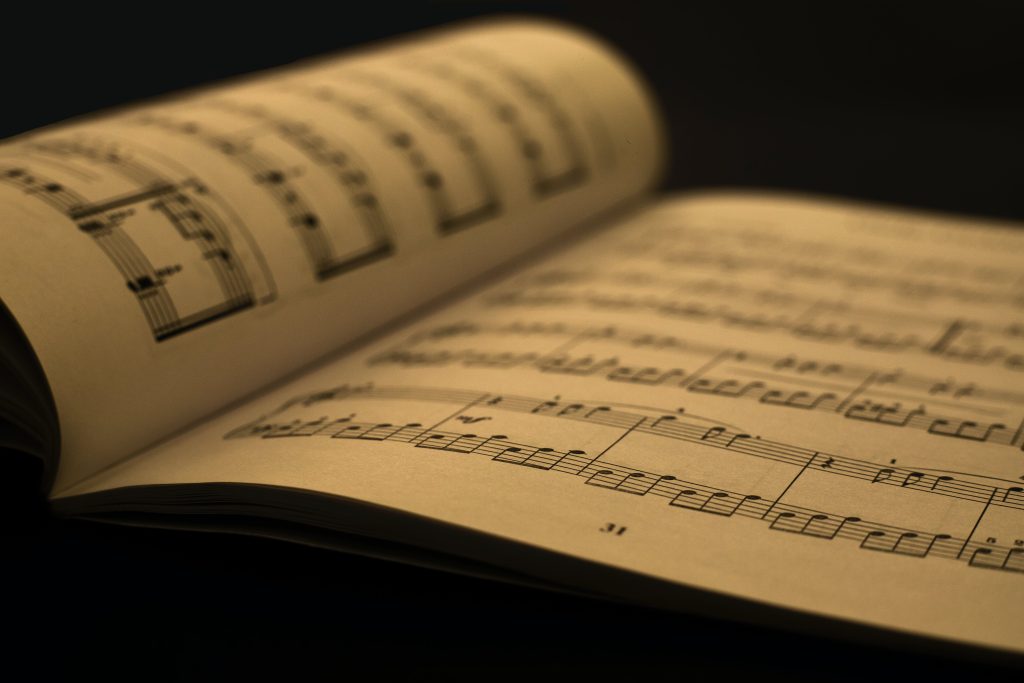
Our history, culture, and identity are all reflected in music, which is more than just a means of amusement. We consult music archives to get a true understanding of the development of music and its social effects. These priceless compilations of manuscripts, recordings, and artifacts offer us a glimpse into the past and let us examine and enjoy the diverse range of musical history. We shall explore the significance of music archives and their function in comprehending the background and traditions of music in this article.
- Preserving Musical Heritage
- Documenting Musical Evolution
- Understanding Cultural Context
- Preserving Rare and Endangered Music
- Inspiring Research and Education
- Fostering Collaboration and Cultural Exchange

Our musical legacy is protected by music archives. These archives make sure that the history of artists and composers is not lost to time by gathering and conserving uncommon recordings, scores, pictures, and other artifacts. They preserve the historical musical gems and make them available to the current and upcoming generations.

The development of musical styles, genres, and techniques is documented in music archives. We can examine manuscripts and recordings from various historical periods to chart the evolution of music over time. Music archives offer a thorough documentation of how music has changed and developed throughout time, encompassing everything from early classical compositions to jazz improvisations, and folk melodies to modern electronic music.

Music and culture are inextricably linked. It represents the beliefs, customs, and life experiences of a specific group or civilization. Discovering these cultural settings is made possible in large part by music archives. Scholars and researchers can learn more about the social movements, religious beliefs, and political environments that shaped the production and consumption of music by studying historical recordings. We may appreciate music as a reflection of human experiences as well as a stand-alone art form by comprehending the cultural context.
An essential function of music archives is to preserve unique and endangered musical works. Numerous musical customs across the globe are in danger of becoming extinct. Music archives make sure that these customs are remembered by gathering and digitizing recordings. They give underrepresented and oppressed populations a stage on which to display their distinctive musical history. Music archives support the rehabilitation and preservation of endangered musical traditions through partnerships with regional performers and cultural preservation programs.

Music archives are an invaluable source for academics, researchers, and teachers. For academic research, they offer an abundance of primary source material that makes it possible to conduct in-depth studies on certain composers, genres, or historical eras. These archives are available to students and music lovers to help them learn more about and appreciate the history of music. Moreover, music archives frequently provide seminars, conferences, and exhibitions to promote a deeper understanding of the topic and to inspire upcoming generations of academics and musicians.
Music archives possess the ability to unite individuals. They serve as a bridge for international cooperation between scholars, musicians, and cultural organizations. Music archives promote collaboration and cross-cultural exchange by sharing their collections and knowledge. These links have the potential to stimulate worldwide musical diversity, multidisciplinary study, and fresh perspectives.


